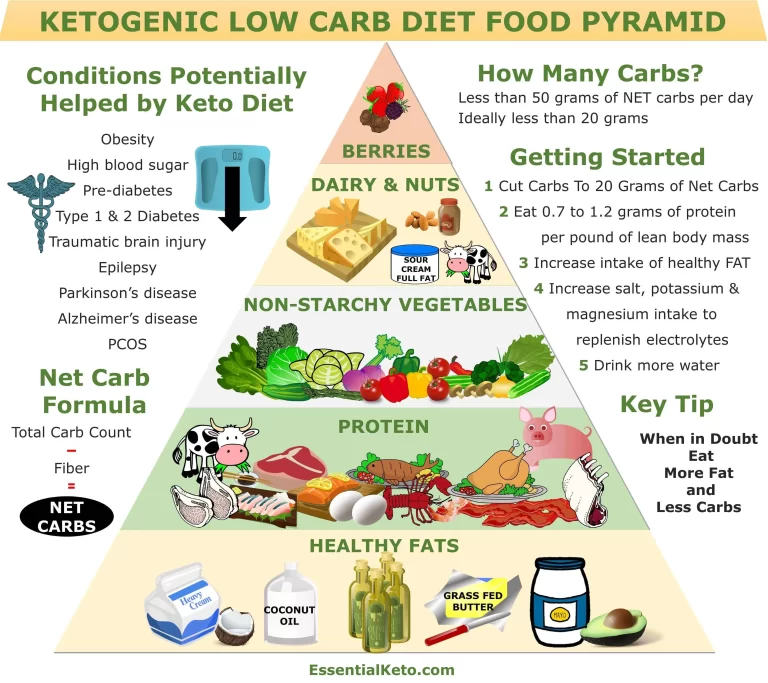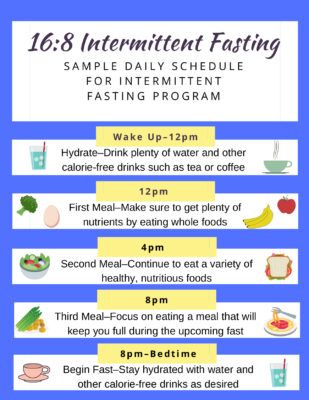Veganism is a lifestyle choice that excludes the consumption or use of animal products. It involves abstaining from meat, dairy, eggs, and even products derived from animals such as leather or honey. While veganism has gained popularity in recent years, it is essential to consider both the benefits and challenges associated with this diet and way of life.
Benefits of Veganism
1. Health Benefits: A well-balanced vegan diet can provide numerous health benefits. Plant-based diets tend to be rich in essential nutrients, vitamins, and fiber, which can help reduce the risk of heart disease, certain types of cancer, and obesity. Vegan diets have also been associated with improved blood sugar control and lower cholesterol levels.
2. Environmental Impact: By avoiding animal agriculture, vegans contribute to reducing greenhouse gas emissions as the production of meat and dairy is a significant driver of climate change. Adopting a vegan lifestyle also helps conserve water, reduce deforestation, and protects wildlife habitats.
3. Ethical Considerations: Veganism aligns with ethical beliefs centered around animal cruelty. By refusing to support industries that exploit and harm animals, individuals can actively contribute to the welfare and rights of animals.
Challenges of Veganism
1. Nutritional Planning: Ensuring a well-rounded vegan diet requires careful planning to meet the body’s nutritional needs adequately. Vegans must find alternative sources of nutrients typically obtained from animal products, such as vitamin B12, iron, calcium, and omega-3 fatty acids. Supplementation or inclusion of fortified foods might be necessary.
2. Social Considerations: Being vegan can sometimes be challenging in social settings. Attending gatherings or dining out might require prior communication with hosts or restaurants, as vegan options may not be readily available. Social interactions may also lead to debates or misunderstandings, making it necessary for vegans to be prepared for discussing their choices.
3. Limited Food Choices: Some individuals find it difficult to adapt to a vegan diet due to limited food choices, particularly in areas with limited plant-based options. This can lead to monotony or the need to experiment with new ingredients and cooking techniques to maintain variety and interest in meals.
Tips for Embracing Veganism
1. Education: Educate yourself about proper nutrition and learn about plant-based alternatives to meet your nutritional needs. Consulting a registered dietitian can be beneficial in developing a well-balanced vegan meal plan.
2. Variety in Cooking: Experiment with various plant-based ingredients, herbs, and spices to bring diversity to your meals. There are numerous vegan recipe websites, cookbooks, and communities that can provide inspiration and support.
3. Supportive Social Circle: Surround yourself with supportive friends and family who understand and respect your choices. Engage with vegan communities both online and offline to find guidance, share experiences, and discover new vegan-friendly places.
4. Read Labels: Develop the habit of reading labels to identify hidden animal-derived ingredients. This practice helps in avoiding accidental consumption of non-vegan products.
5. Celebrate Small Victories: Acknowledge and celebrate personal milestones in your vegan journey, such as successfully trying a new recipe or reaching a specific duration since transitioning to veganism.
Conclusion
Veganism offers a range of benefits, including improved health, reduced environmental impact, and ethical considerations. However, it also comes with challenges that require nutritional planning, social awareness, and adaptation to limited food choices. By understanding and addressing these challenges, individuals can embrace veganism successfully and contribute to a more compassionate and sustainable world.









